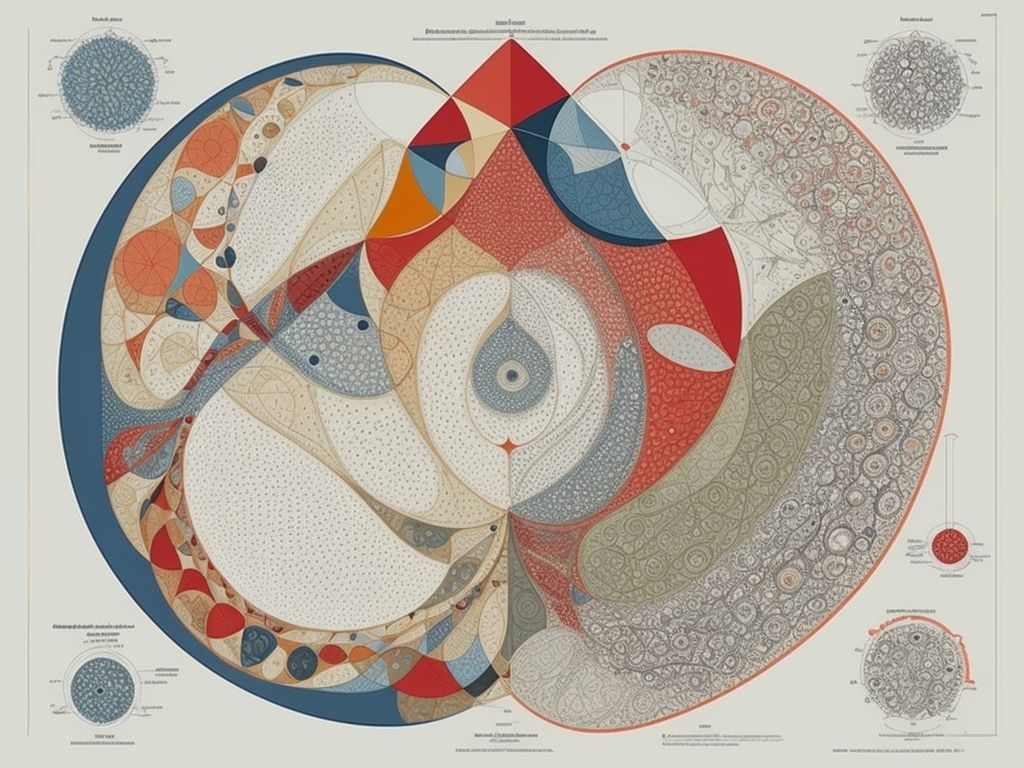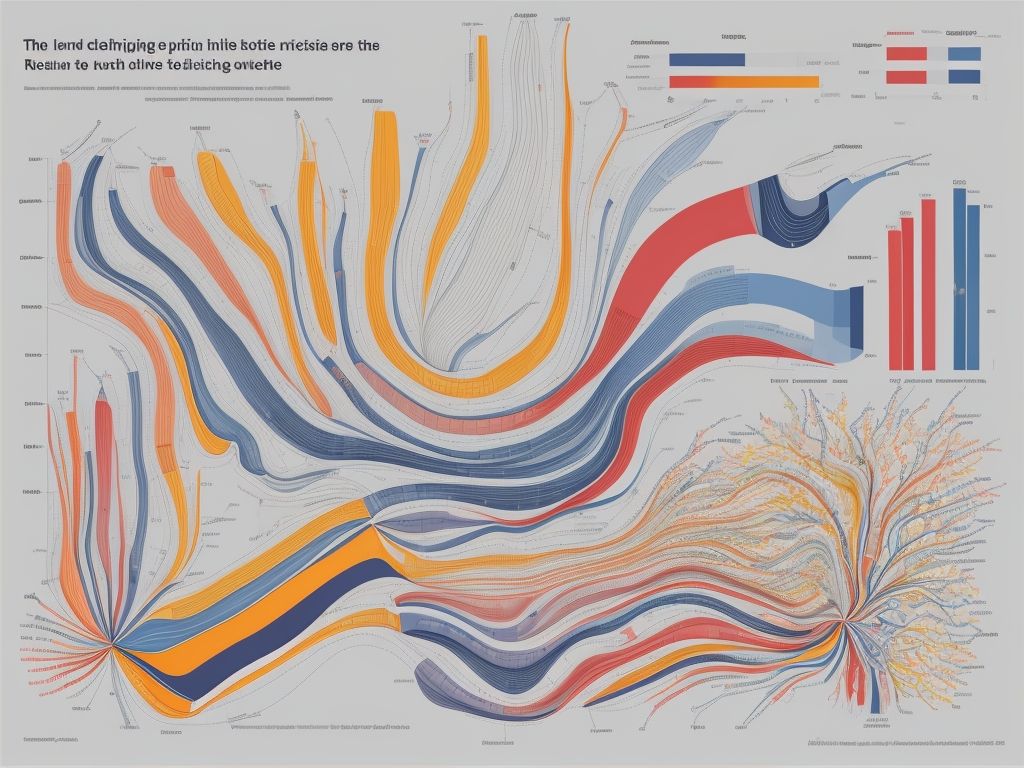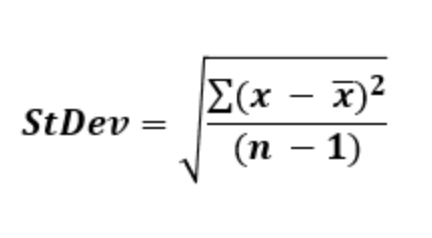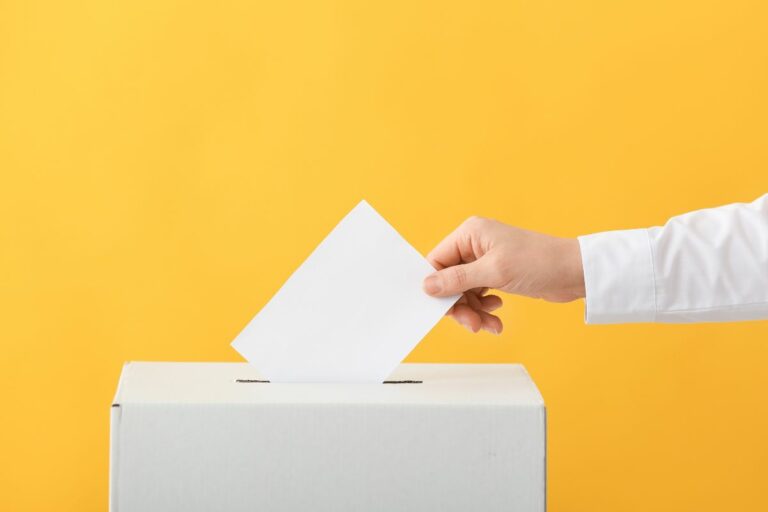The Basics of Political Polling: Methods, Accuracy, and Impact
The Basics of Political Polling: Methods, Accuracy, and Impact

Understanding the Basics of Political Polling
Political polling is an important tool that political parties, candidates, and pollsters use to measure public opinion on various issues. It is a quantitative research method that uses a representative sample of the population to gauge attitudes and opinions on topics such as candidate preference, issue salience, and policy preferences. Political polling can help candidates and parties understand where they stand with the electorate, what issues are most important to voters, and how they can adjust their messaging to appeal to potential voters.
There are several methods that pollsters use to conduct political polls, including telephone surveys, online surveys, and in-person surveys. Telephone surveys were once the most common method of political polling, but online surveys have become increasingly popular in recent years due to their cost-effectiveness and ability to reach a wider audience. In-person surveys are also used, but they tend to be more expensive and time-consuming.
Understanding the Accuracy of Political Polling
Accuracy is a crucial factor in political polling. If a poll is not accurate, it can lead to false conclusions and misinformation about public opinion. There are several factors that can impact the accuracy of a political poll, including the sample size, sample selection, and the wording of questions.
Sample size is one of the most important factors in determining the accuracy of a political poll. A larger sample size generally leads to more accurate results, as it helps to minimize the impact of random variation. Sample selection is also important, as the sample must be representative of the population being studied. If the sample is not representative, the results of the poll may not accurately reflect the views of the population.
The wording of questions can also impact the accuracy of a political poll. Pollsters must be careful to use neutral and unbiased language when crafting survey questions, as biased or leading questions can influence the responses of participants.
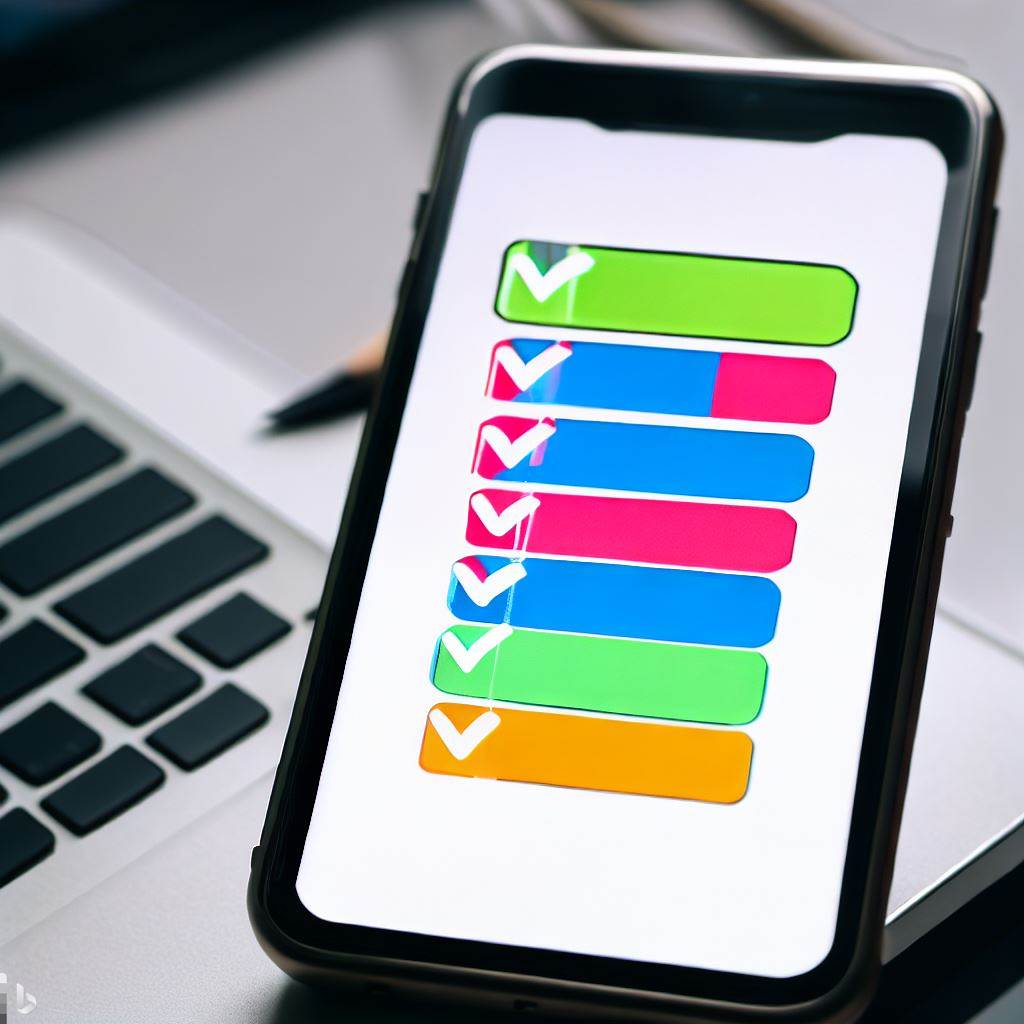
The Impact of Political Polling on Elections
Political polling can have a significant impact on elections. Poll results can influence the way voters perceive candidates and issues and can even impact voter turnout. Polls can also be used by candidates and parties to adjust their messaging and strategy to appeal to potential voters.
However, it is important to remember that political polls are just one tool in the electoral process. They are not a guarantee of victory or defeat, and they can sometimes be wrong. Polls can also be affected by factors such as changes in public opinion, campaign events, and the behavior of undecided voters.
Criticisms of Political Polling
Despite their usefulness, political polls are not without their critics. Some argue that polls can be inaccurate, or that they can be used to manipulate public opinion. Others argue that polls can be biased, as the wording of questions and the sample selection can impact the results of the poll.
Additionally, some argue that political polls can create a bandwagon effect, where voters are more likely to support a candidate who appears to be leading in the polls. This can lead to a self-fulfilling prophecy, where a candidate who appears to be leading in the polls gains momentum and ultimately wins the election.
Using Political Polling Ethically
To ensure that political polling is used ethically and responsibly, it is important for pollsters to follow certain guidelines. Pollsters should use representative samples, neutral and unbiased language, and avoid using leading or loaded questions. They should also be transparent about their methods and results and should avoid manipulating data to achieve a desired outcome.
Conclusion
Political polling is a powerful tool that can provide valuable insights into public opinion and attitudes. While political polls are not without their limitations and criticisms, they remain an important part of the electoral process. When conducted accurately and ethically, political polls can provide candidates, parties, and voters with valuable information that can help inform political decision-making.
As with any research method, it is important to approach political polling with a critical eye and to understand its limitations. Polls are just one tool in the electoral process and should not be relied upon as the sole indicator of public opinion or electoral outcomes. Ultimately, it is up to voters to make informed decisions based on a variety of factors, including political polls, candidate messaging, and personal beliefs and values.
For more information on polls, surveys and statistics, visit www.thepollsters.com
- What Polls Reveal About Sleeping Together Early and Long-Term Relationship Success - July 7, 2025
- How to Design a Hard Harry Potter Trivia Challenge - October 4, 2023
- How to Design a Dear Peachie Makeup Preference Poll - October 4, 2023





